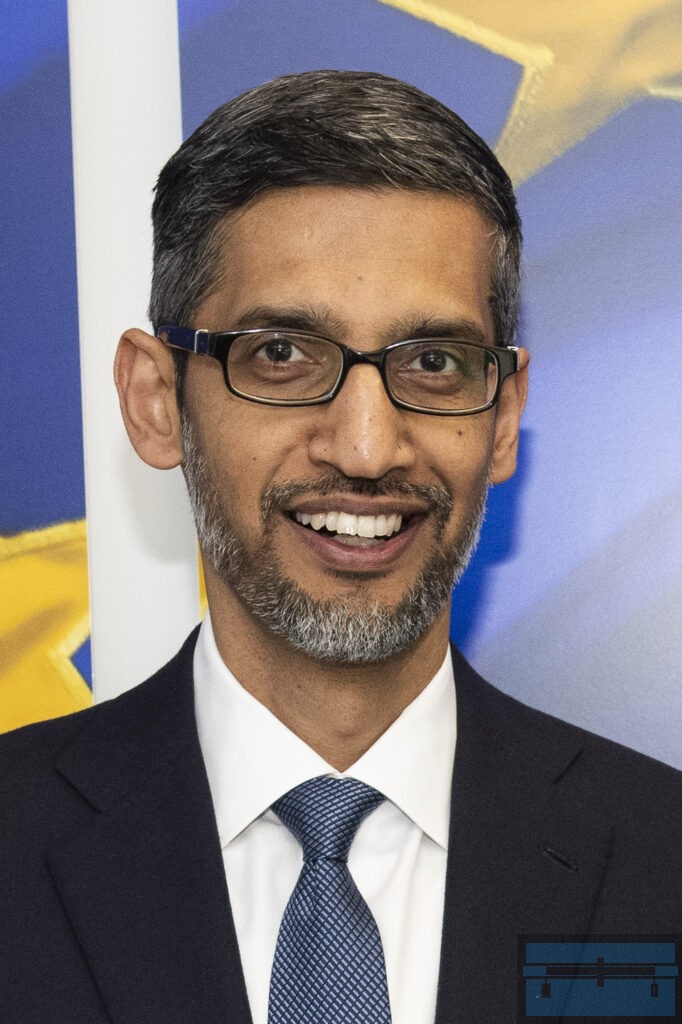
GOOGLE LABELED MONOPOLISTIC
Posted August 5th, 2024 at 9:22 pmNo Comments Yet

GOOGLE FOUND TO BE A RISK TO FREE MARKET CAPITALISM
By PETER THOMAS BUSCH
The algorithmic magic created by Google LLC could not lure away the reasoning in the United States District Court presided over by Judge Amit P Mehta in Washington DC.
Judge Mehta found Google to be a monopolist and worthy of condemnation for antitrust economic practices under Section 2 of the Sherman Act.
In the United States, State of Colorado, et al v. Google LLC, 20-CV-03010 (APM), the search engine company was found to have monopolistic power and to have intentionally taken steps to maintain that monopolistic power by entering into exclusive agreements with third party players such as Apple Inc. to set Google as the default browser on desktop and mobile devices.
Google has 95% of search queries in the United States. And Apple Inc has a 50% or so market share of device sales.
Under the exclusive agreements, Apple Inc. sets Google as the default search engine on devices and receives a revenue share of about 33.75 per cent of advertising revenues earned by Google on those devices.
Judge Mehta found that consumers use the default browser, instead of manually downloading and using another search engine such as Microsoft Bing.
Google, whose parent company Alphabet Inc is one of the biggest companies in the world with a $2 Trillion USD market capitalization, uses behavioural economics to massage consumer choice.
Users will take the most efficient method of search and use the default browser on new devices. If consumers of new devices do make a user-initiated change to the browser, as many as 18 months might pass, resulting in the meantime, Google collecting all that user data.
Judge Mehta stated that the Google choice architecture, in which on-line tasks involve a high rate of repetition and immediate feedback, habituates users toward continued use. Users generally will continue operating a higher quality product to avoid choice friction.
Choice friction occurs when a user opts to switch search engines but has technical difficulty in making the change and otherwise becomes less satisfied in the use of and in the search results of the new browser.
Google is a California company founded in 1998 by Larry Page and Sergey Brin, who dropped out of Standford University to create and start-up Google in a rented garage.
Google has captured over 80% of search queries in the United States since 2009.
THE NETWORK EFFECT BEGINS TO LOOP AROUND AND PREVENTS COMPETITORS FROM ENTERING THE GENERAL SEARCH ENGINE MARKET
Other search engine companies are far behind Google, and in all likelihood, alternative search engines will remain far behind, partly because of brand loyalty that increases Google’s credibility as a preferred, quality product.
At the same time, new companies are prevented from entering the market as a result of several barriers, such as the $20 Billion USD cost of developing the search engine infrastructure, the $10 Billion required to launch, and the $4 billion annual operating costs, all the while going up against Google with an insurmountable 89.2 % share of general search.
Judge Mehta also took exception to Google’s control of distribution of search engines through contracts with device manufacturers and ownership of Chrome.
Google has monopoly power as a result.
Antitrust violations under Section 2 of the Sherman Act must meet a two part test, though. The first part is having monopolist power defined as the power to control prices or exclude competitors. The second part is taking steps to maintain monopolist power or prevent competition from entering the market.
Google was found to have taken steps to maintain monopolistic power by entering into exclusive service agreements with device manufacturers and by artificially increasing the cost of advertising separate and apart from market forces.
Advertiser in general search and general search text advertising pay for space through a live auction that occurs the instant a user begins searching. The more an advertiser is willing to pay for the space, the more likely the advertisement will appear before that of a competitor’s.
To increase revenue from advertisement, Google limited advertisers’ control over placement by first, reducing the information about the market to the advertiser, and, by second, ‘loosening’ keyword matches.
An advertiser selling bicycles uses keywords such as bicycle to find users searching for bicycles. Google broadened the search, even if an advertiser continued to use bicycle, to include bike, cycling, road cycling, etc. This change resulted in more advertisers entering the online auction and bidding higher prices to have their advertisement placed in front of the user.
Google also created pricing knobs that increased the price ceiling for auctions. The winner at the advertising auction would have to pay 370% more than the nearest competitor in order to obtain maximum results.
Judge Mehta also found other deliberate attempts to maintain the monopolistic power, such as limiting Apple Inc’s general search engine, Safari, from ‘bleeding off’ users from Google to Safari.
The court characterized the degree of collusion between Google and Apple as anti-competitive in nature.
The most damning evidence of antitrust behaviour by Google is the ‘network effect.’
The higher percentage of search queries Google maintains, the more data the company collects. The more data, the better quality search results. The better search quality, the more users and better monetization of advertising.
This effect increases users and increases advertisers. The more advertisers, the more revenue for Google that is directed into further acquisitions and further growth of the search engine.
The network effect begins to loop around and becomes classic monopolistic power, preventing competitors from entering the market and thereby giving Google the ability to control prices.
This monopolistic power cannot be broken by true competition based on the merits of the product because the company has become too big to fail.
The state and the court have therefore found intervention necessary.